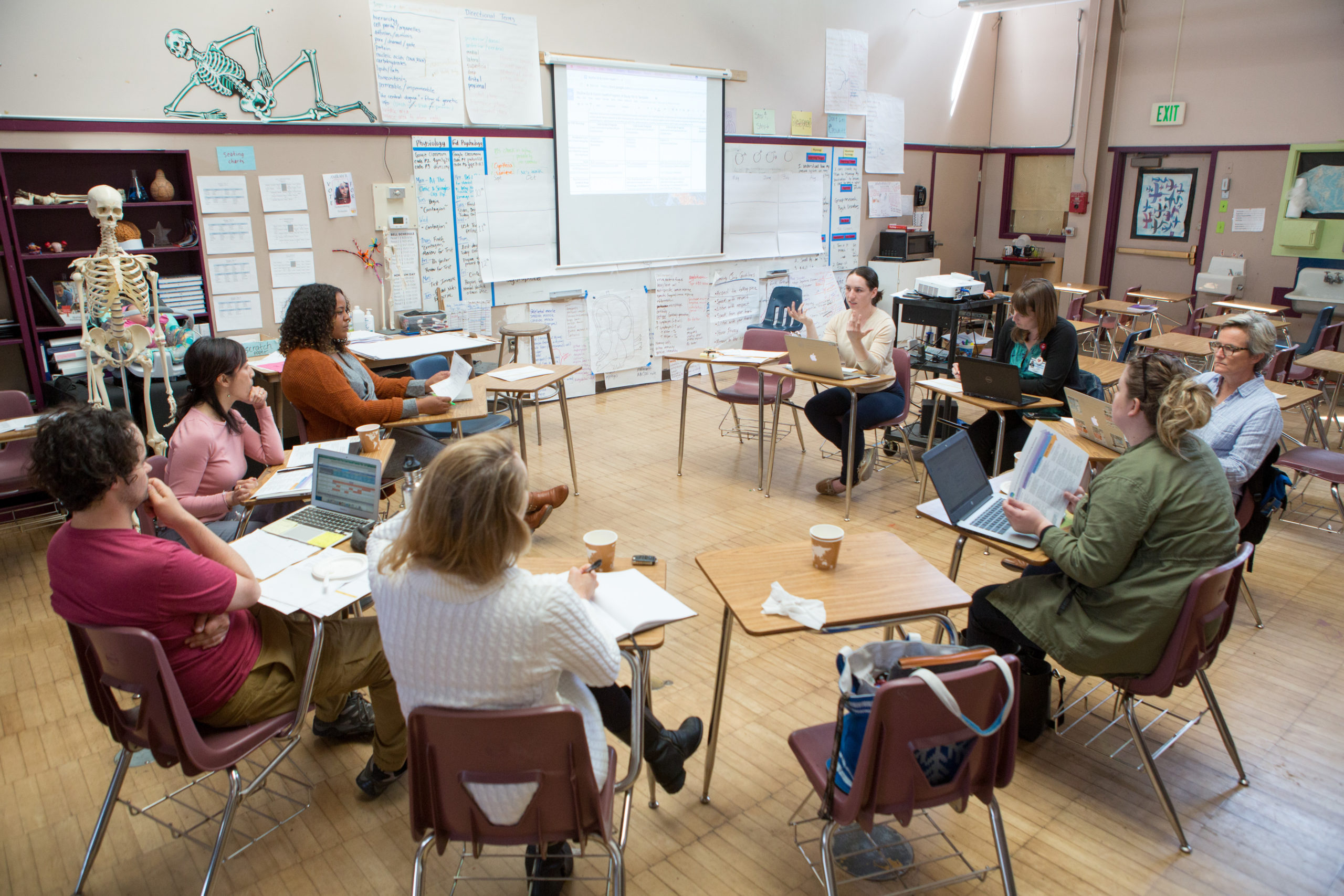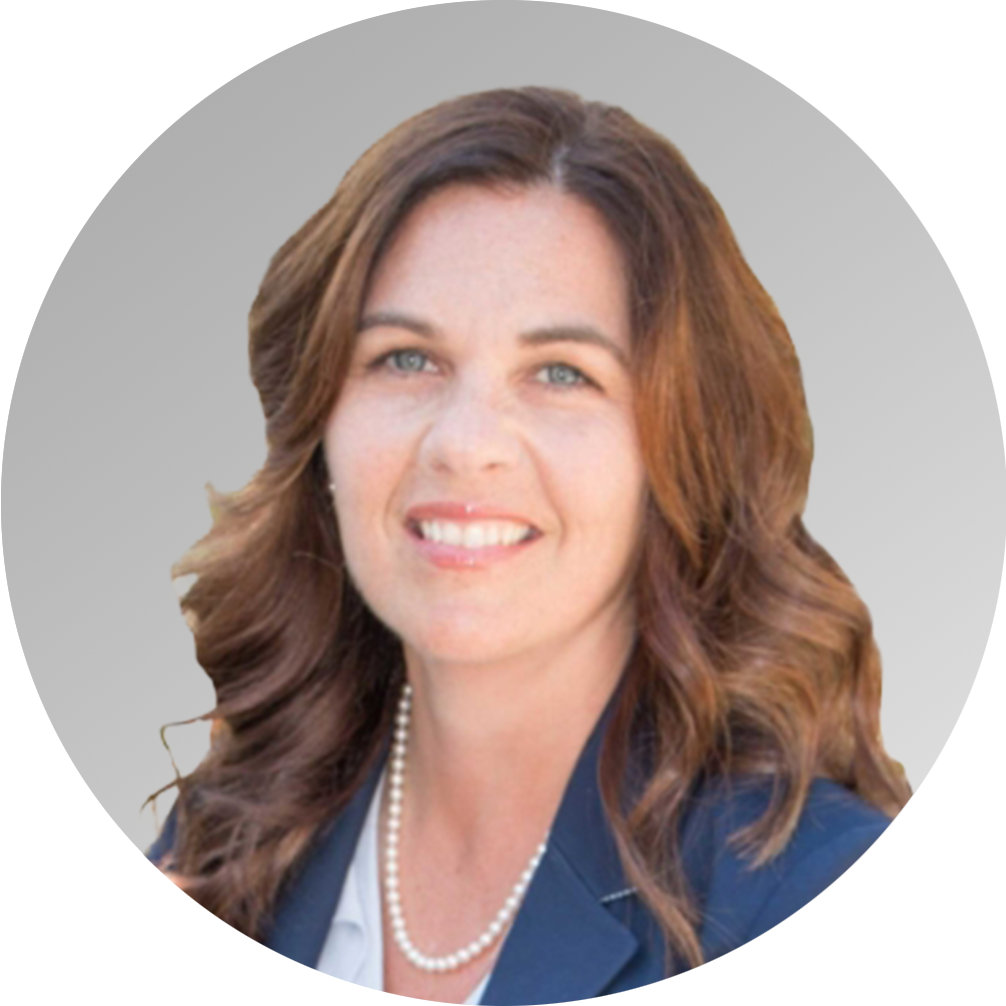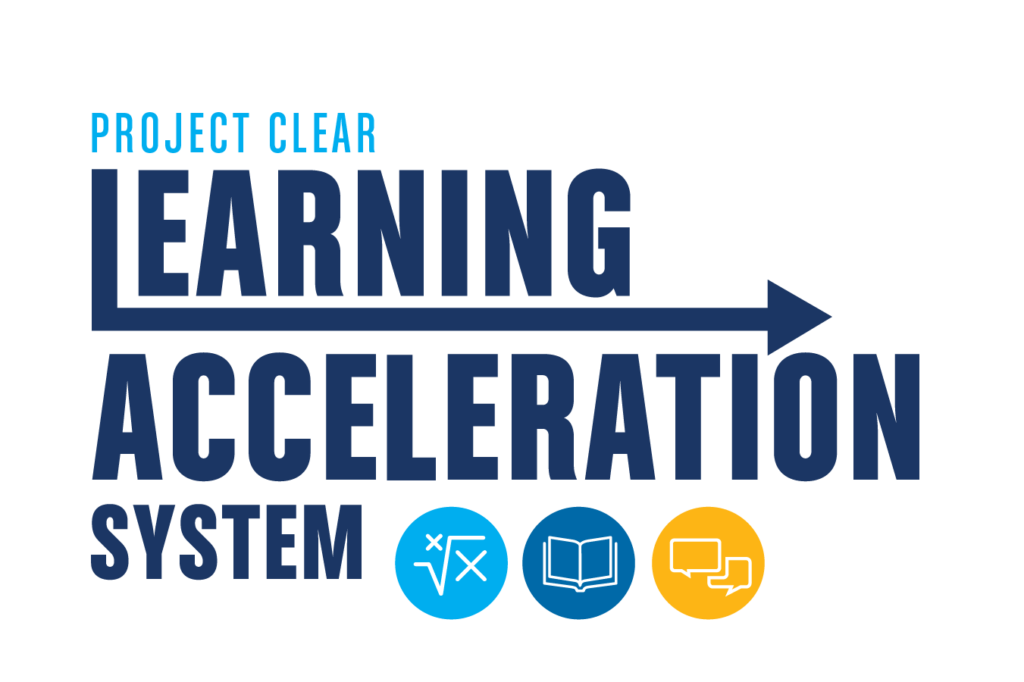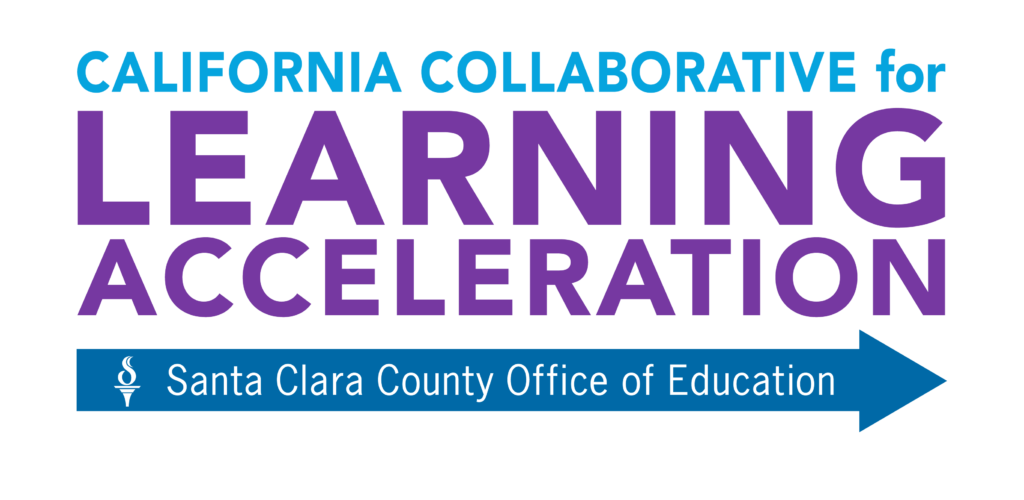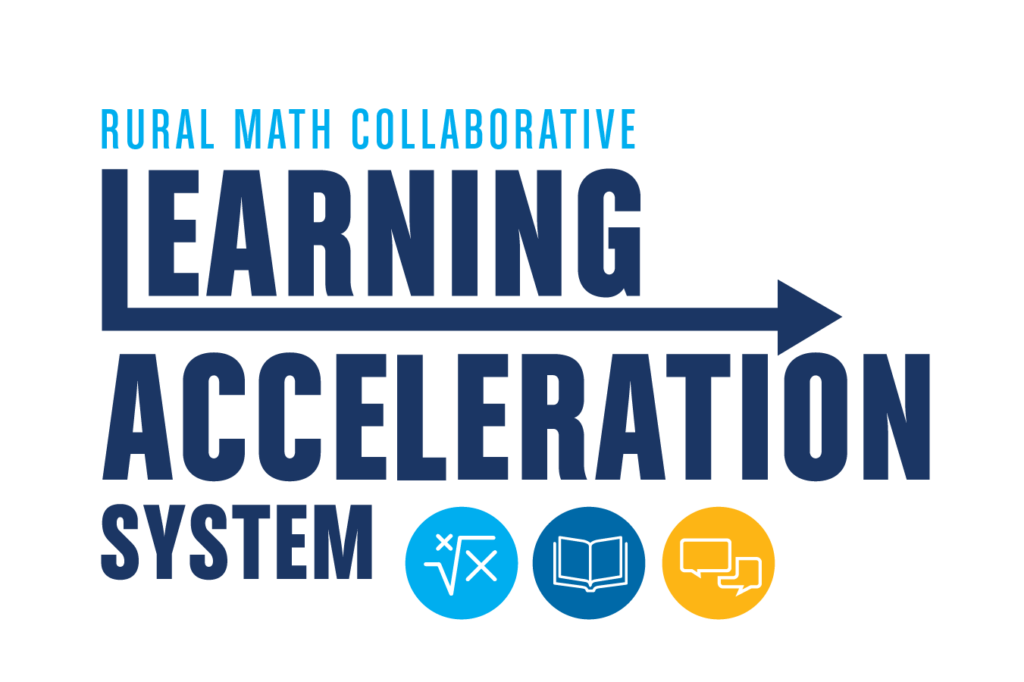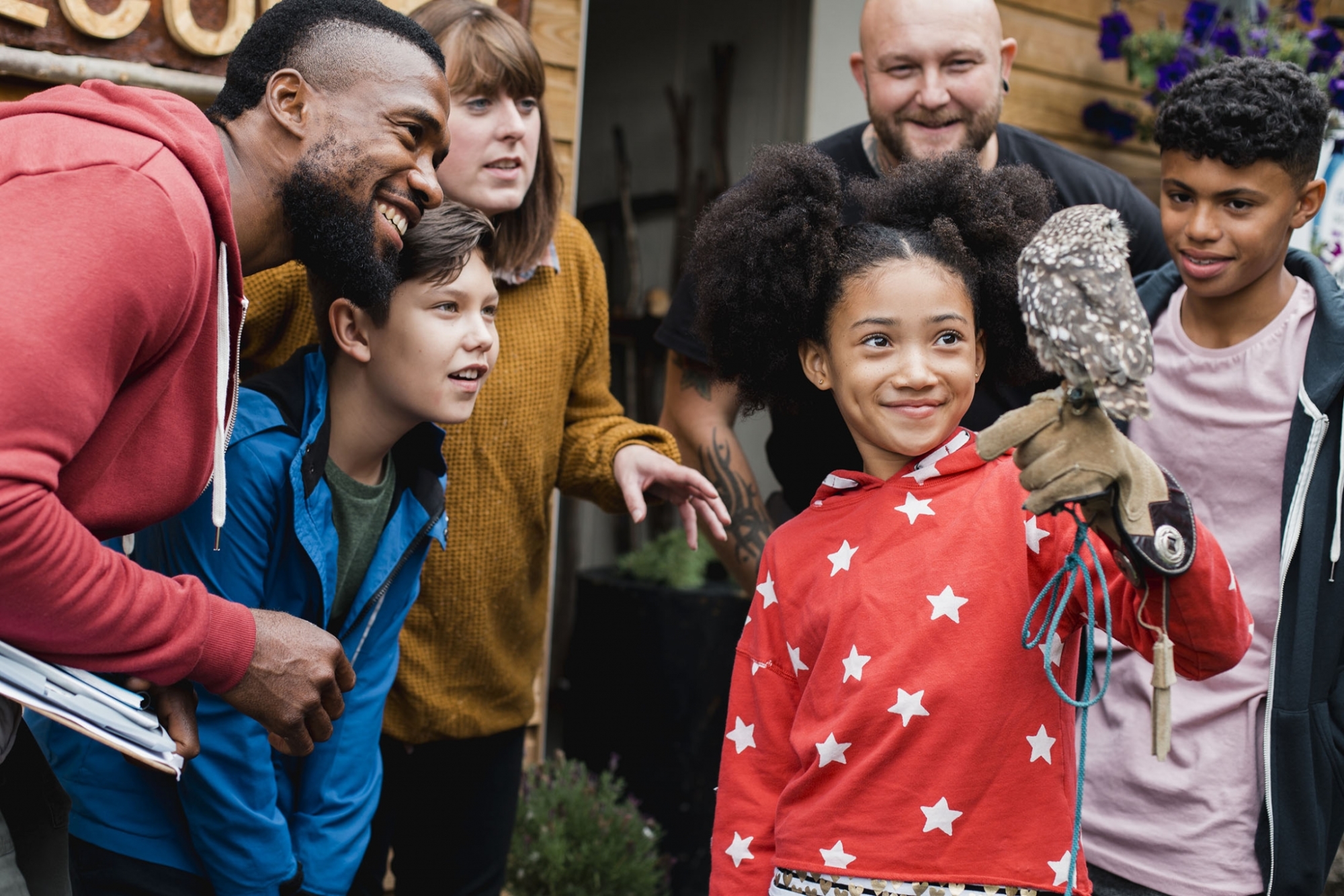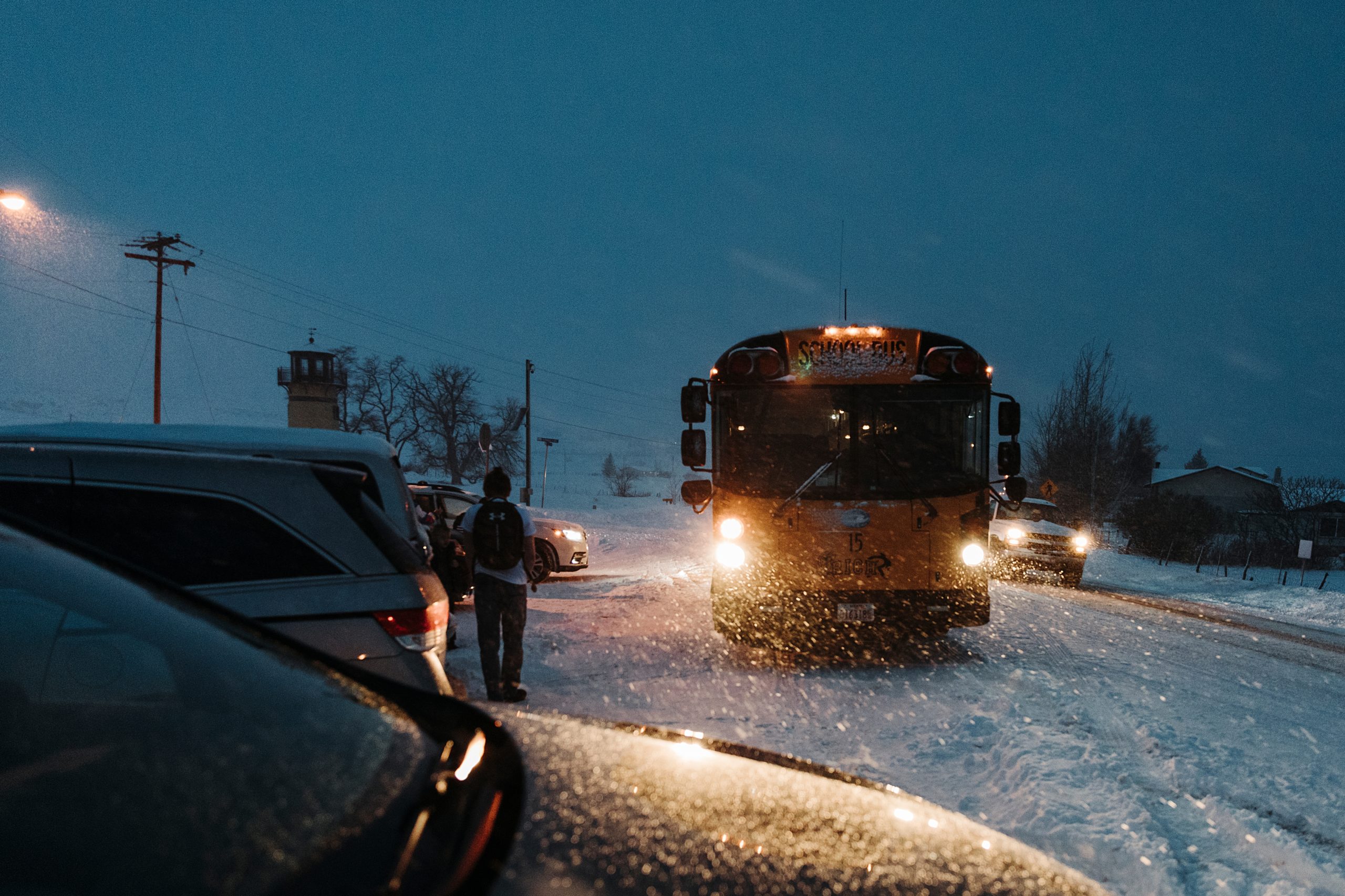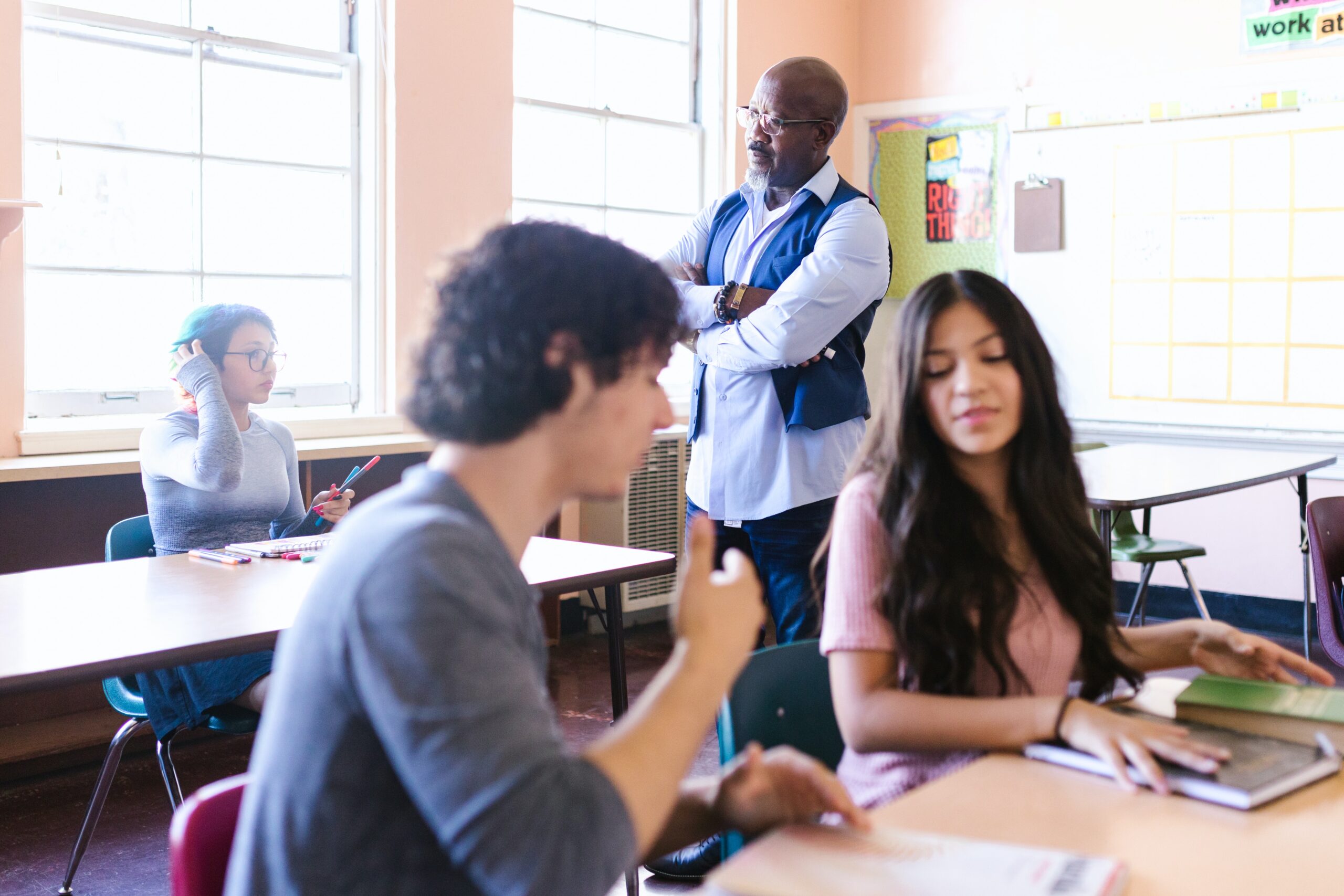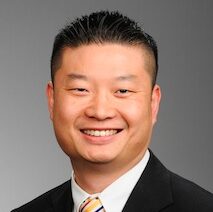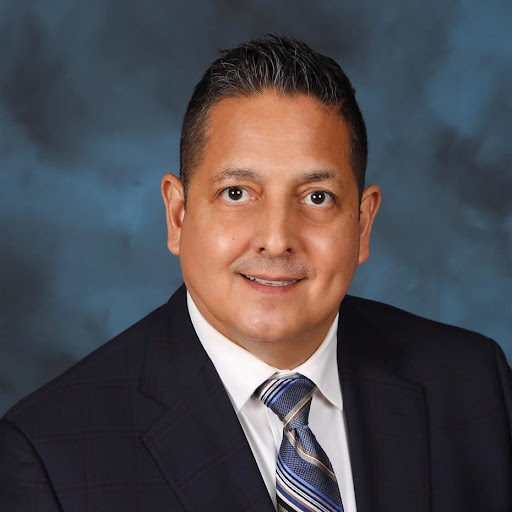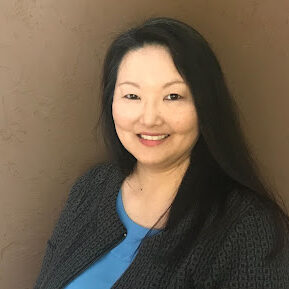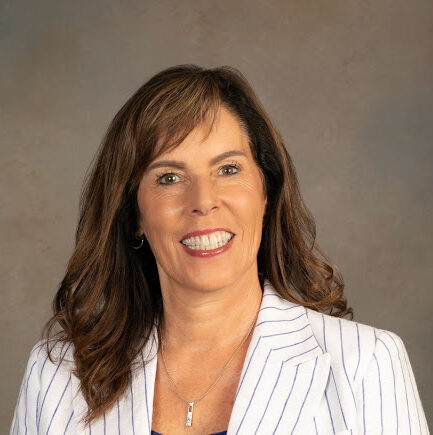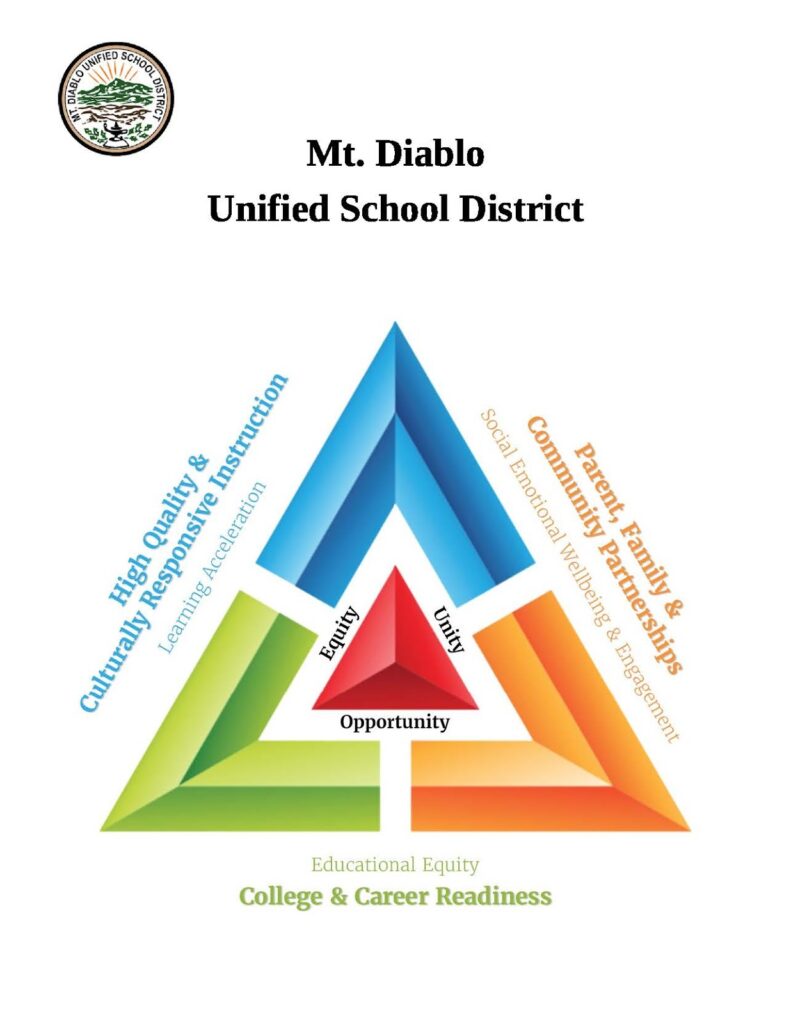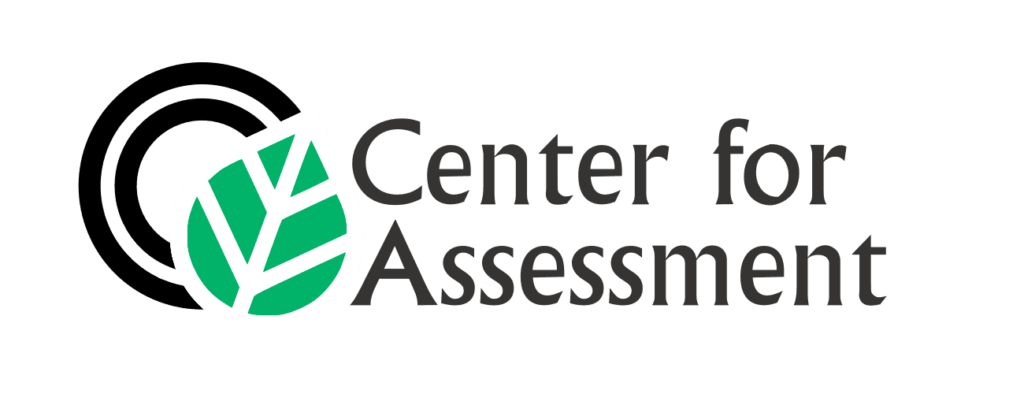News & Announcements
New State Funding for 21st Century Skills Academy (21CSLA)
Read more at the Berkeley School of Education’s website.
Universally Designing Systems of Support: Webinar Series
Alternative Dispute Resolution
Presented as part of the California Coalition for Inclusive Literacy Spring Learning Series
More information, including registration is available here.
Registration is Open for the 2023 Spring ELO-P Academy!
The California AfterSchool Network (CAN) in partnership with the California Department of Education (CDE), Expanded Learning Division (EXLD), and members of the System of Support for Expand Learning (SSEL), are excited to offer a free virtual Expanded learning Opportunities Program (ELO-P) Academy!
In Case You Missed It
System of Support Updates (March 2023)
Looking Ahead
Universal Pre-Kindergarten
The California Collaborative for Educational Excellence (CCEE) has partnered with the Santa Clara County Office of Education (SCCOE) to host two workshops on Universal Pre-Kindergarten Blending, Braiding, and Layering for districts, county offices, charter schools and community partners.
Workshops will be structured around guided working sessions in which LEA teams will use strategic planning tools, with the help of expert coaches, to generate solutions and strategic action plans that are specific to each LEA’s circumstances. For the best results, LEA’s are encouraged to bring a multi-disciplinary team to the workshop. There is no fee to attend the workshops.
An information session was held on February 27, 2023, with a registration application available to all LEA’s and other entities, that was due March 10, 2023.
Workshop sessions will be held: April 18, 2023 (virtual) and May 4, 2023 (hybrid- virtual and in-person)
For more information, contact CCEE Assistant Director, Julie Boesch [email protected]
Equity Corner
March 13 – National Good Samaritan Day
About the CCEE
The California Collaborative for Educational Excellence is a statewide leader delivering on California’s promise of a quality, equitable education for every student.
Executive Director’s Corner
Investing Time in Exploring Tools
By Matt J. Navo, Executive Director, CCEE

I am always amazed by just how much we (educators, researchers and policy makers) do in efforts to improve public education. I am also reminded that we can, at times, try to do too much. The biggest threat to public education is not allowing educators time to understand, provide professional training and use the tools, resources and support being provided.
This March 2023, Transformative Systems for Equitable Education Center (TSEE) is taking time to remind us of all the resources being provided through the Statewide System of Support (SSOS) that are designed to enhance Local Educational Agencies (LEAs) in accomplishing their Local Control Accountability Plan (LCAP) and ultimately improve public education.
A Shared Journey to Support Student Achievement
By Chris Hartley, Ed.D., Deputy Executive Director of the Transformative Systems for Equitable Educational Outcomes Center

It is hard to believe that we are well into the month of March 2023! All of us in the CCEE Transformative Systems for Equitable Educational Outcomes (TSEE) Center, want to express our gratitude to the many partners throughout the state that are all pulling together to support student achievement and growth. The Statewide System of Support (SSOS) is on the move with a multitude of programs and projects in full swing.
At the core of our collective work is the fact that collaboration, cooperation and communication are critical to aligning our work, fostering cohesion, building relationships and ultimately aligning support to assist districts and schools in meeting the needs of our students. Our partners throughout the state understand what it means to maximize leadership to give support where it is needed the most, inside our schools directly supporting students. No one agency can do this important work alone.
From our Community Engagement Initiative, the Leadership Institute, UPK Workshops, to the hard work of lead agencies like Geographic and SELPA Leads, we are focused on providing a through line between state initiatives and implementation at the school site level. It is critical that we keep this momentum going within the SSOS. Thank you to all the incredible partners both in the field and at the state level, who are actively engaged in aligning systems and committed to using the same compass on our collective journey to serve students.
CEI Updates: Fostering Stronger Relationships Between LEAs, Students, Families, and Community Partners
By Steven Sterling Mitchell, Assistant Director, Community Engagement & System of Support

The Community Engagement Initiative (CEI) fosters stronger relationships between Local Educational Agencies (LEAs), their students, families, and community partners to support student success. Now in its fourth year of operation, the CEI has expanded its reach in the 2022-23 school year and now represents 36 Local Education Agencies (LEAs) across California, ranging from as far north as Shasta County to as far south as Imperial County. This growth demonstrates the increasing recognition and importance of community engagement in education systems across the state.
A major milestone for the CEI was the All-Cohorts Peer Leading & Learning Network (PLLN) meeting held in January. Over 400 educational partners from diverse communities across California attended the event to share promising practices and strategies for promoting equity and inclusion in schools and communities. Attendees had dedicated time for teams and role-alike groups to share experiences and ideas about effective approaches to community engagement.
Dr. Karen Mapp, a senior lecturer on education at the Harvard Graduate School of Education and author of the Dual Capacity-Building Framework, was the keynote speaker at the event. She emphasized the importance of building strong relationships between schools, families, and communities and discussed strategies for effective communication and collaboration between them.
Our peer leading and learning model recognizes that our districts/LEAs who are new to the work, will learn best from their peers who are further along. Because of this our January event was dedicated to peer-led learning opportunities. The event provided foundational CEI districts in Cohorts I & II a platform to share promising practices and their own strategies for overcoming barriers to strengthen relationships within their communities. By working collaboratively with families and community partners, LEAs are helping to create more equitable and inclusive education systems across California. The work of CEI cohorts demonstrate that partnerships between educational institutions, families, and communities can positively impact student outcomes.
The experience was innovative and electrifying. To have district folks, families/students & CBO [Community Based Organizations] in the same room was the highlight of the experience. Sharing best practices & lived experiences was a highlight.
-January PLLN Attendee
In February, our Cohort III teams convened in Sacramento where team members from our Peer Leading & Learning Exchange (PLLX) (Comprised of members of our foundational Cohorts I and II teams) introduced them to improvement science concepts and how to develop their initial community engagement problems of practice (PoP). This PoP will inform their site-level work in the coming year and lead to transformational outcomes for their campuses and students in the months ahead. After our March PLLNs that included capacity building and work around data and metrics with our foundational districts earlier this month, we are well poised for our next All-Cohorts PLLN in-person in San Diego on April 26.
The CEI is part of the Statewide System of Support and is a collaborative effort led by CCEE, the San Bernardino County Superintendent of Schools (SBCSS), the California Association for Bilingual Education (CABE), and Families in Schools (FIS). The commitment to authentic community engagement is helping to empower educators and communities to build a more equitable and inclusive education system in California, focused on student success.
CCEE & SSDA Leadership Institute
By Dr. Julie Boesch, Assistant Director, State System of Support
The Leadership Institute is a collaborative effort between CCEE and the Small School Districts Association (SSDA) to create a safe space for new and aspiring small school district leaders to learn, grow, highlight areas of needed support, share successes, and build relationships with other small district leaders.
The ultimate goal of the Leadership Institute is to empower educational leaders in an authentic environment of learning and grace to grow in service to their students, staff, and communities.
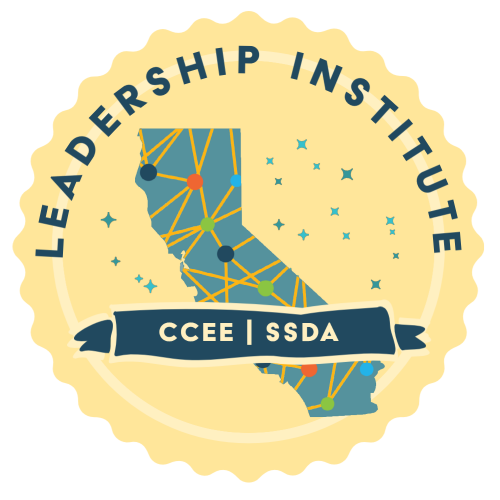
Current Active Participants: 38
Coaches: 11
Facilitators: 5
These participants represent numerous districts and counties across the State.
We are planning monthly 90-minute virtual sessions as well as two in-person sessions to align with the dates of the two annual SSDA conferences in March and July. The scope and sequence includes topics such as leadership, communication, governance and finance, human resources, community engagement, and vision and goal setting. Our goal is to create a valuable learning experience that is driven by the field for the field and to be highly responsive to participants needs and requests.
Cohort One will wrap up in July and we will kick off cohort two. We already have participants on the waitlist for our upcoming cohort.
We are excited to announce that our Leadership Institute will be kicking off cohort II in San Diego in July! This collaborative effort between CCEE and SSDA is a great growth opportunity for new and aspiring small school district leaders. This Institute has been designed for small district leaders by small district leaders and experts in the field! Reserve your spot now by emailing [email protected]

Collaboration, Cooperation, and Communication
An example of the Riverside County partnership between the County Office of Education (COE) and Special Education Local Planning Area (SELPA)
By Dr. Melissa Bazanos Hutton, Executive Director of Accountability, Assessment, and Continuous Improvement &
Leah Davis, Executive Director, Riverside County SELPA
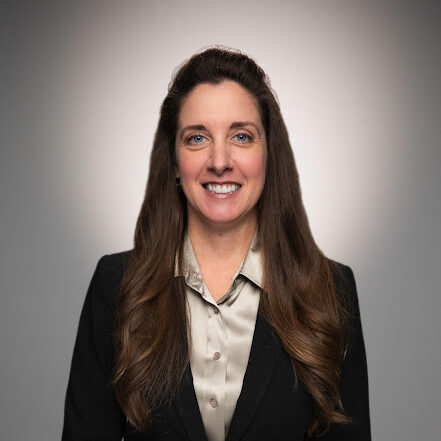
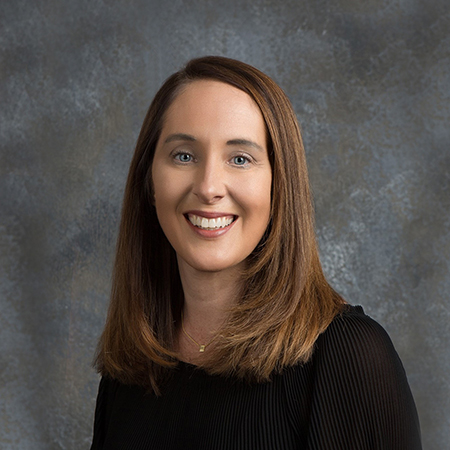
The Riverside County Office of Education (RCOE) and the Riverside County Special Education Local Plan Area (RC SELPA) exist as two separate entities in the CA education system, yet their cooperative support of Local Educational Agencies (LEAs) within their region, demonstrates their shared dedication to collaboration in support of all students in Riverside County. Team members from the RCOE and RC SELPA recognized many years ago that each educational organization provided a variety of supports to LEAs that periodically overlapped, yet each agency also possessed additional unique resources and services that benefitted districts, schools, and students. In order to better align supports and to maximize resources, RCOE and RC SELPA representatives established a collaborative structure to build coherence across agencies to support LEAs, schools, and students.
In addition to regular standing meetings between the Executive Director of RC SELPA and the Riverside County Superintendent of Schools, monthly meetings were initiated in 2017-2018 to bring together teams from both agencies. The teams developed purpose statements to guide their frequent collaboration which include:
- Provide consistent communication to each other and to school districts
- Align services and support to districts
- Model collaboration between COEs and SELPAs
- Connect to Statewide System of Support
To guide collaboration sessions, standing agenda items were established. Each month team members from both organizations coalesce around the following topics:
- CA System of Support. RCOE Educational Services Division provides Geographic Lead Agency updates. RCOE Student Programs and Services Division provides Supporting Inclusive Practices (SIP) Project updates. RC SELPA provides SELPA System Improvement Leads (SIL) updates. Together the teams determine how these CA System of Support opportunities may support the unique needs of the region’s individual LEAs.
- Level 1 Support. RCOE and RC SELPA staff provide updates on services currently offered to LEAs. Opportunities for cross-agency collaboration are discussed.
- Level 2 Support. RCOE and RC SELPA staff discuss support for LEAs eligible for Differentiated Assistance and opportunities for alignment with Special Education accountability support through Compliance and Improvement Monitoring.
Over the past five years, opportunities for collaboration have evolved and expanded. For example, RC SELPA presents information at RCOE’s Local Control and Accountability Plan (LCAP) workshops and Instructional Leaders Network (ILN) including updates such as requirements for consultation with SELPA in LCAP development along with facilitating differentiated assistance inquiry sessions with LEA teams. RCOE and RC SELPA team members join district teams in analyzing student data, identifying potential root causes for student outcomes, and determining high leverage practices to address student needs. RC SELPA has co-presented with RCOE staff regarding opportunities for plan alignment between the LCAP and and the Special Education improvement activities as required by the Compliance and Improvement Monitoring (CIM) process (previously the Performance Indicator Review (PIR) and Special Education Plan (SEP). RCOE and RC SELPA staff have co-presented to Riverside County English Learner Directors regarding resources and services for English Learners with Disabilities.
During school closures resulting from the COVID-19 pandemic, RCOE and RC SELPA continued to collaborate virtually. Staff supported LEA teams with strategic plan alignment as part of the Differentiated Assistance process in 2020-2021 and are exploring how to further this support in recognition of Special Education technical assistance requirements. RCOE and RC SELPA staff continue to collaborate when providing Differentiated Assistance support to LEAs, specifically those meeting DA eligibility criteria based outcomes for Students with Disabilities.
While a common purpose and structured agenda have supported the collaborative efforts of RC SELPA and RCOE, the success in providing high quality technical assistance to our local LEAs evolved through building the trust and shared commitment of individual team members. Relationships matter and are critical to the success of Riverside’s collaborative support structure. Team members from both RC SELPA and RCOE took great interest in each others’ expertise and found opportunities to highlight and complement each others’ work. Monthly collaborative meetings were prioritized and time to meet was protected. Ultimately by leveraging the strengths of each organization, focusing on relationships, trust, and camaraderie, RCOE and RC SELPA have been better able to serve Riverside County LEAS as they strive toward improved outcomes for students with disabilities.
About the Transformative Systems for Equitable Educational Outcomes
Meet two of our Transformative Systems Team Members!

Steven Sterling Mitchell, Assistant Director, Community Engagement & System of Support
Steven has worked in public education for over 25 years. He joined the CCEE team over 4 years ago, and has supported the growth and development of the Community Engagement Initiative.
Fun Fact: Steven’s favorite foods are Mofongo and Pozole, and he searches the world to try and find the best one.

Mayra Mendoza-Flores, Administrative Assistant II
Mayra recently joined CCEE. She previously worked for Twin Rivers Unified School District as an Administrative Secretary for the Equity, Diversity, and Inclusion Department. Her focus with CCEE will be to help provide administrative and program support within the Community Engagement Initiative.
Fun Fact: Mayra enjoys mini family getaways. Her favorite place is anywhere where there’s a beach.

